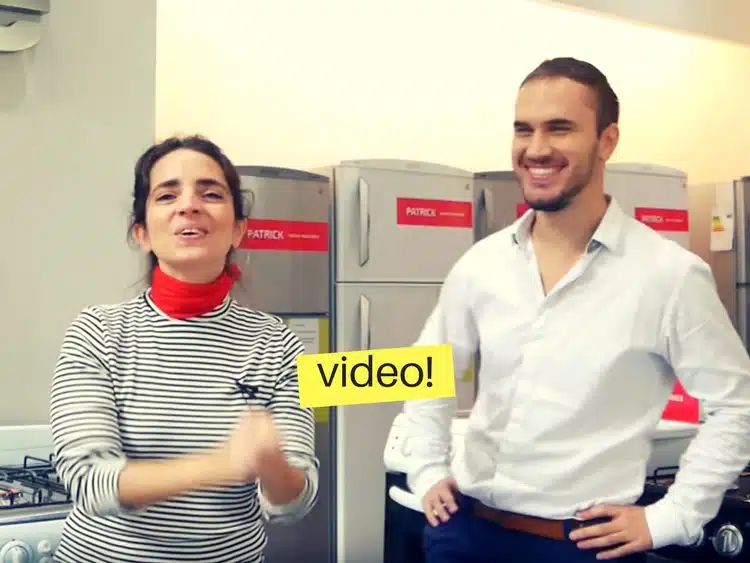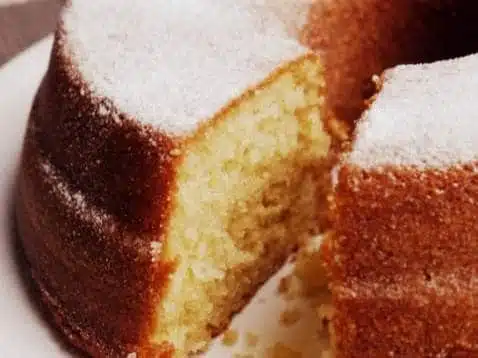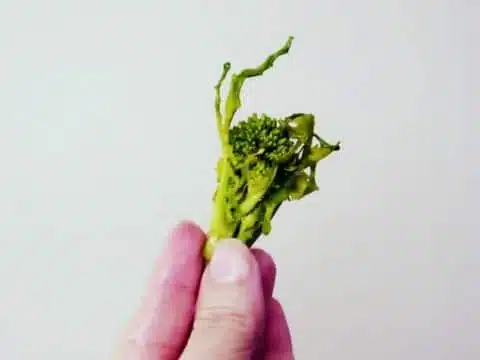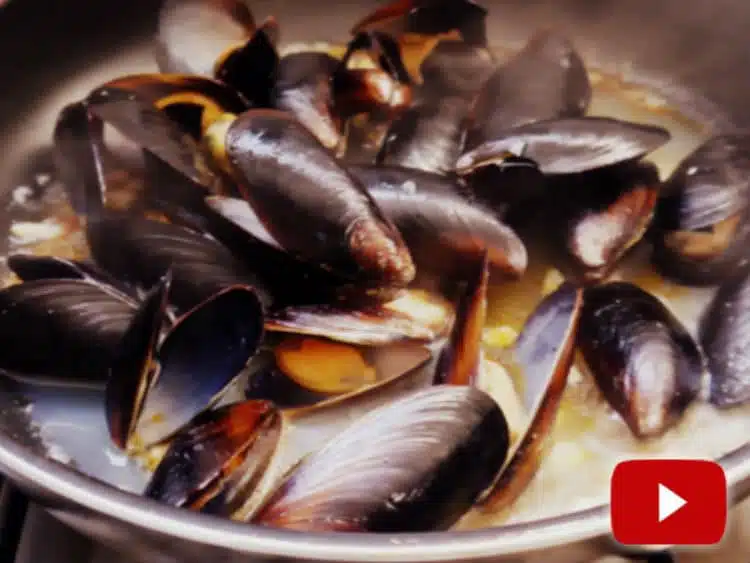Hello, dear Paulina followers! Today we have a video where our favorite chef, along with a specialist on the subject, shows us how to save energy while cooking with 11 useful tips!
Have you ever wondered how to save energy while cooking? It's a topic we're very interested in, which is why we created this special production where we discuss energy in the kitchen.
What I liked most about this video is that I learned some tips I didn't know about. In recent years, people have become increasingly aware of the importance of conserving energy in all aspects of our daily lives, but we must always stay informed and learn new things that will help us save energy in our daily lives, and we have this opportunity when we cook.
For this production, we have a special guest: Mike. He's the product manager at Patrick Appliances, and there's no better expert to tell us how to improve in this area than a specialist.
I leave you with the program, I hope you like it and that you can take advantage of it at home.
Nicola Garupa
Producer
Click here to follow me on my YouTube channel I upload exclusive for this network!
How to save energy when cooking
9 useful tips
- It's recommended that, before putting what you want to cook in the oven, you preheat it for 10 or 15 minutes at maximum temperature . This will heat the oven much faster than if you have the food cold inside. Once the oven is heated, you can turn the knob from maximum to the temperature you consider appropriate, and then add your cooking dish.
- We should take advantage of residual heat to save energy. If we really want to save energy while cooking, this is a very important tip. Let's say we have a meal in the oven that needs to be removed at 2:00 PM. We can turn off the oven at 1:50 PM, and it will continue cooking with residual heat for those 10 minutes. To make the most of this heat, it's important not to open the oven door until the food is actually ready.
- Use an electric grill to brown or gratin food. It's very difficult to brown food in a gas oven because the heat is enveloping, and often, no matter how long we leave the dish there, it doesn't brown. With a grill, we don't need gas, so once the food is cooked and we only need to brown or gratin the top, we can turn off the gas and turn on the grill. An electric grill consumes much less energy because it doesn't require gas and heats up very, very quickly!
- Whenever you can cover a pot while it's on the stove, do so. For example, if we're boiling water for noodles, it will heat up much faster if the pot is covered: the heat doesn't dissipate and stays inside the pot, saving energy and making the water boil much faster. Once it's boiling, we can uncover it and add the pasta. The same thing happens if we're heating something in a pot or cooking a stew; covering it concentrates the heat and saves time and energy.
- Unsalted water boils at a lower temperature than salted water. Therefore, when we need to boil something in salted water, we should wait until it's boiling before adding the salt. This also saves time and energy. If we add the salt at the beginning, we'll have to wait longer for the water to come to a boil.
- Use the appropriate burner for the size of the pot you're using. If we have a very small pot on a large burner, the heat dissipates and is wasted; it won't get any hotter because the fire is on the sides. The important thing is that the fire hits the bottom of our container, so we should use large burners for large pots and small burners for small pots or pans. The same goes for the size of the pot: it should be appropriate for the amount of food we're preparing.
- Whenever possible, we should cut ingredients into chunks to make them cook faster. A concrete example: if we're going to make roasted pumpkin puree and put the whole pumpkin in, it will take a long time to cook. Since we're ultimately making puree, it's exactly the same for us as putting the pumpkin in already cut into chunks. This is a very concrete way to save energy in the kitchen, and applicable to a ton of recipes!
- Defrost food before cooking. It's recommended to let it defrost before placing it in the oven or in a pot. Besides being healthier, this will make it take much longer to cook than if you put it directly from frozen, thus using less energy.
- Don't turn on the oven unless it's absolutely necessary to bake. Baking something that can be prepared on a stovetop using much less heat means we're not maximizing energy use.
- Cover the baking dish with aluminum foil before placing it in the oven. This not only saves energy but also makes some dishes, such as meat dishes, turn out much more delicious. Try it, you'll love it!
- Whenever possible, bake several things at once. The only rule is to separate sweet and savory dishes. But for example, if we have to make a potato pie and a pizza , we can bake each on a separate baking sheet in the oven. This way, we take advantage of the heat and save energy while we prepare it!






Paulina, I bought one of these Patrick stoves and it doesn't have a grill (it has a plate warmer), I'm crying =/